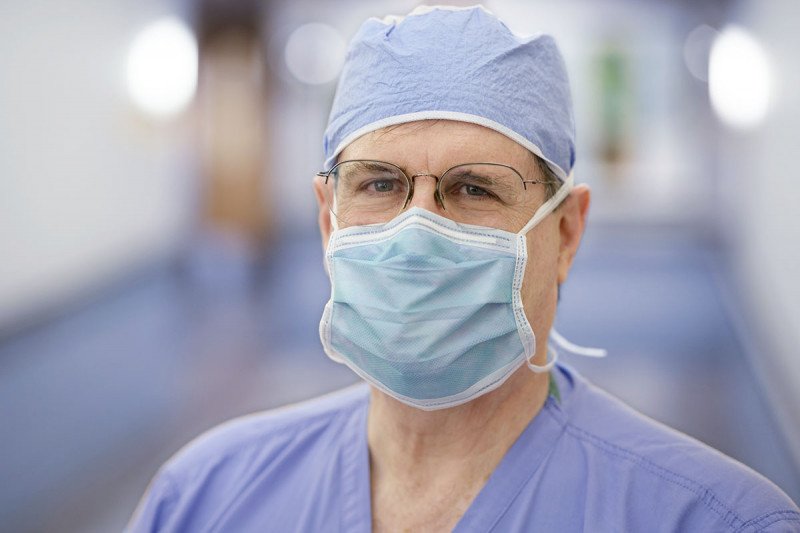
As fewer people in New York are being hospitalized due to COVID-19 complications and restrictions have been lifted, all types of cancer surgery are now being provided. Patients who had their surgeries postponed are now being rescheduled.
“Many people were surprised to learn that some cancer surgeries could be safely postponed without negatively affecting their outcome,” says Jeffrey Drebin, Chair of the Department of Surgery at MSK. “However, these operations cannot be delayed indefinitely.”
Here’s what patients need to know about rescheduling their surgery and the measures in place to keep them safe.
1. How did MSK decide which surgeries could be postponed?
Our surgeons assessed which patients needed surgery right away, who could have their surgery postponed without negatively impacting their well-being and survival, and whether other treatments like chemotherapy or radiation might give equivalent results. Each case was reviewed by a committee that included experts from nursing, surgery, neurosurgery, anesthesia, and critical care medicine. Surgeries that were postponed are now being rescheduled.
2. How long can my surgery be put on hold?
Some surgeries can be postponed for up to a few months. However, studies suggest that it’s not safe to wait longer than that because a cancer that’s curable might progress and become incurable.
Your decision on whether now is the time to schedule your surgery should be made in consultation with your surgeon. Weigh the potential risks and benefits of the operation: Is there a chance to achieve a cure, prolong survival, or relieve pain or other symptoms? What is the chance of having complications?
For the vast majority of people, cancer is a greater threat to a person’s life than the virus. And if you become infected, we are ready. The cancer care teams at MSK - bolstered by a strong group of infectious disease experts - are well equipped to minimize patients’ risks and are prepared to manage problems that may be related to the virus.
3. How does testing for the virus help MSK maintain a safe environment for care?
In addition to testing as needed based on symptoms, all patients undergoing procedures, being admitted to the hospital, or initiating radiation therapy are routinely tested 48-72 hours prior and then every 72 hours while an inpatient. Our staff also undergo regular testing.
The purpose of this routine testing is to detect asymptomatic infection. These steps have helped us minimize risks for our patients and staff — in fact, it has been months since a patient became infected with COVID-19 while admitted to MSK.
4. What other precautions are in place to help keep patients safe?
We understand that you may be feeling particularly vulnerable during this time. MSK works hard to safely deliver the most effective care. For many patients, appointments with their MSK care team may be done remotely through telemedicine visits. However, those who do need to come to MSK for care should know that we have additional safety precautions in place. For example:
- All MSK employees, patients, and caregivers must wear a mask at all times in all of our locations.
- Waiting rooms are set up so people can socially distance while waiting for their appointment.
- Surgeries for patients with the virus are done in a separate operating room and we have isolation procedures in place so that they are never in contact with non-COVID patients, including during inpatient care.
- Visitors are limited. We use technology to keep patients connected with their loved ones throughout their time at MSK. If you don’t have your own device, we offer tablets and phones to help facilitate those virtual connections while you are in our care.
5. Do patients need to self-quarantine when discharged after surgery?
You do not need to self-quarantine when you are discharged from the hospital. You may return home and live with the same people you lived with before your surgery. It’s best to stay home while you recuperate and not receive any outside visitors to reduce the chance of infection. Keep in touch with your loved ones over the phone, video calls, or other electronic means.


